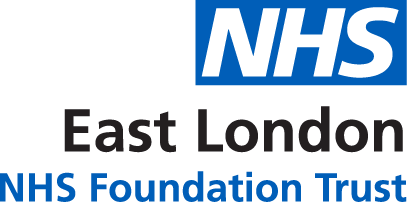Happy Holidays!
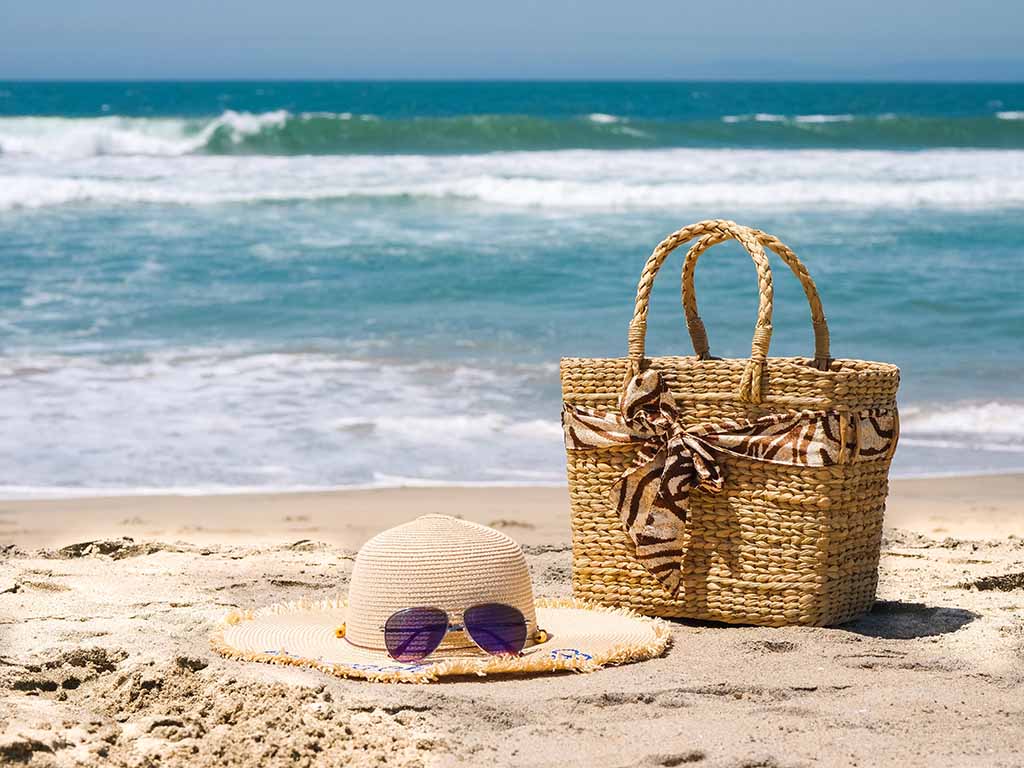
As the world opens up again following the pandemic, many people are looking forward to having holidays in the sun and catching up with family and friends overseas. It is important to plan for all eventualities to have a safe and healthy trip and ensure that you have everything you need, especially if you are prescribed medication. In this article, the ELFT Pharmacy team have provided useful travel information and top tips. Don't forget, COVID restrictions have not gone away so you need to check the entry requirements of the country you plan to visit and what evidence they need of your vaccination status and testing.
What do you need to know when you are taking medications on holiday?
Storage
Some medicines need to be kept at room temperature (below 25C) or stored in the fridge. Before travelling, it may help to speak to your pharmacist to get advice on how to store medicines.
What happens when you lose medicines overseas?
You may wish to take enough medication to last the entire trip and a bit extra for any spillages or loss, bearing in mind that unexpected travelling delays can occur. It is advised to get travel insurance before travelling as they are able to help cover the cost of replacing any lost medications and can direct you to the relevant organisations to help.
Covering Restrictions
Destinations like the UAE (Dubai), India and Turkey all have their own restrictions on what medication you can and cannot bring to their countries. Types of medicines allowed into a country and the maximum quantity will be mentioned on Government websites, ministry of health websites and through contacting the embassy of the country you are intending to visit. The UK GOV website (www.gov.co.uk) has a list of all the embassies to contact for travel queries regarding medications. Specific airlines have various rules on medicines/medical devices.
Preparing ahead of the trip
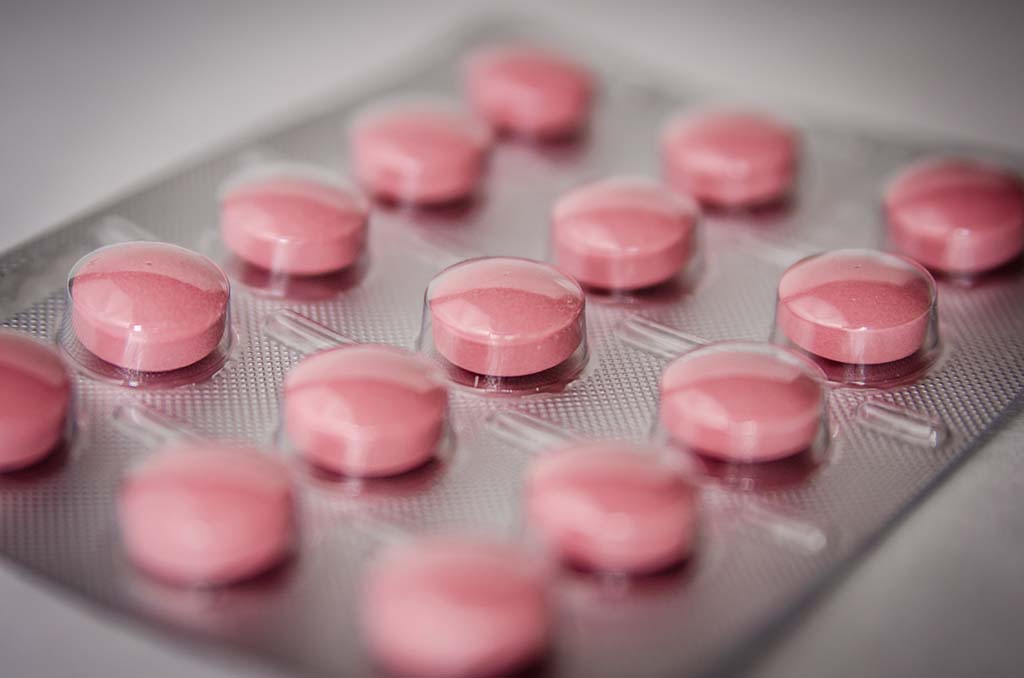
Try and carry medications and any medical equipment (e.g. needles and syringes) in their original correctly labelled packaging. Essential medications of more than 100ml can be kept in your hand luggage but ensure you check airline regulations before travelling. This includes liquid dietary foodstuffs and inhalers. Consider packing some extra medications in hold luggage in case you lose your hand luggage. Ensure you check the expiry dates of your medications to ensure that medications are valid for the duration of your time abroad.
Travel with a copy of your prescription and a letter from your GP stating the following:
- Details of your medicine, including the generic name alongside the brand name
- The name of the health condition that you need the medicine for
This will help to minimise any problems at customs and if you need any medical help while you are abroad. It may help to get the information translated into the language of the country/countries that you are visiting. Please note that your GP practice may charge for this service as GPs are not obliged to provide this service.
Controlled Drugs
Some medications are considered ‘controlled drugs’ (e.g. strong painkillers). This means there are additional laws and regulations in place when travelling with such medications. The rules will vary depending on the type of controlled drug and the amount that you are carrying. You may also need to carry and provide a personal license. You should check the following before you travel:
- Is your medicine is a controlled drug – you can check with your GP or pharmacist
- Check medication guidance with the embassy of the country/countries you are entering
- If you need a personal license – this can be done on the UK government website
- If you need a letter of proof
HIV Medications
Please note that a small number of countries refuse entry to individuals who are HIV positive. For information see: https://www.aidsmap.com/about-hiv/travel-restrictions-people-hiv and https://www.aidsmap.com/about-hiv/travelling-hiv-medication
Minor Ailments
First Aid
It is useful to have a small First Aid Kit to help with minor cuts, lacerations and mild illness. Including painkillers and a thermometer for any fevers! This website has details of what to include: (https://www.fitfortravel.nhs.uk/advice/general-travel-health-advice/first-aid#basic)
Avoid a ‘Gippy’ Tummy

Holidays can be an amazing opportunity to trial new foods and drinks but it is important to remember to make safe and sensible choices where possible. So buy sealed bottled water and avoid ice cubes! It may be useful to include anti-diarrhoea medication such as Loperamide (Imodium) and oral rehydration sachets as part of your first aid kit.
Insect Bites
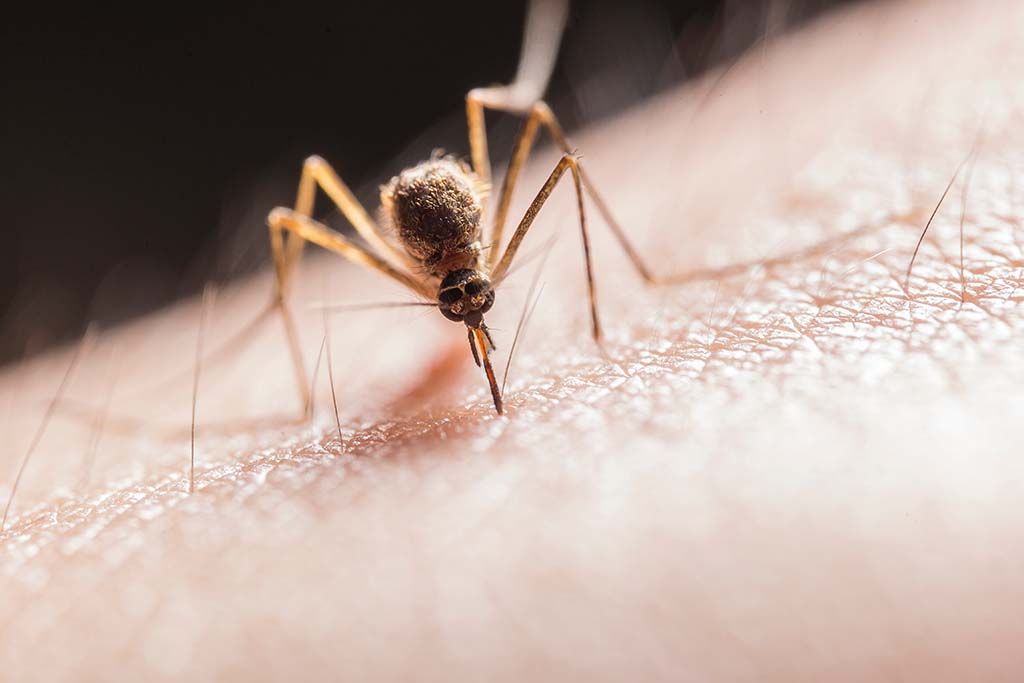
As annoying as it is to have itchy skin, bites may lead to irritation or infection! It is important to protect yourself where possible as some countries have insects and ticks that can also transmit diseases. Protective measures can include insect repellents containing DEET (these are most effective), protective clothing and impregnated mosquito nets. DEET can also be used at concentrations of up to 50% in pregnancy, breastfeeding or in infants under two months! Before travelling, it is important to contact your local community pharmacy who can offer advice on whether anti-malarial tablets are needed.
For more information, visit https://www.fitfortravel.nhs.uk/advice/general-travel-health-advice/insect-bite-avoidance#repellent and https://travelhealthpro.org.uk/factsheet/38/insect-and-tick-bite-avoidance
Motion Sickness
It is quite common to feel sick when travelling. There are ways in which this can be avoided which are included on the following website (https://www.nhs.uk/conditions/motion-sickness/). In cases where medications are required, your local community pharmacist can advise you on the best option available for you. There are also acupressure bands available if you do not want to try medications!
Hydration in the Sun
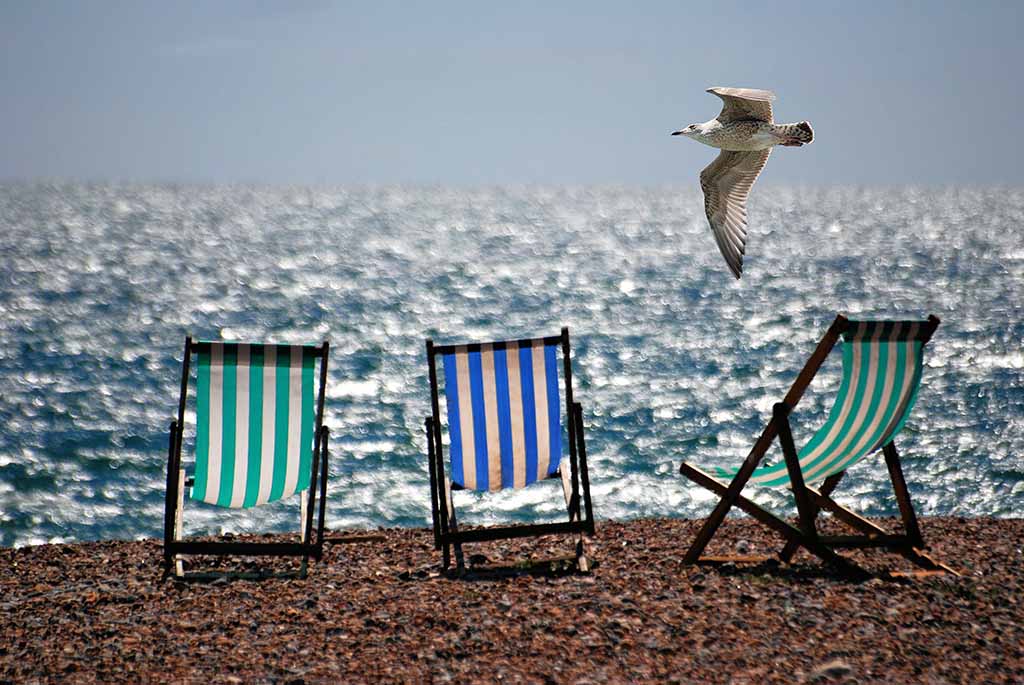
Dehydration means that your body loses more fluid than you take in. Babies, children, older people and those with certain health conditions (diabetes, vomiting/diarrhoea, fever and if you are taking diuretics) can get dehydrated more quickly to look out for are: feeling thirsty, having dark yellow or strong smelling pee, feeling dizzy, feeling tired, having a dry mouth/lips/eyes, and peeing too little (less than 4 times a day). The prevention is easy and simple – just drink water (bottled and sealed)! Rehydration sachets maybe needed for those suffering with vomiting or diarrhoea! If you find it difficult to drink when feeling sick, try taking small sips and then gradually drink more. You should drink enough during the day so your pee is a pale clear colour.
For more information visit: https://www.nhs.uk/conditions/dehydration/.
Protect Your Skin
It is also important to use Sunscreen Protection in the sun to avoid burning and sun damage, but also to prevent skin cancer - even if you are dark skinned. For further guidance on which SPF to use or how often to apply sunscreen, visit: https://www.nhs.uk/live-well/seasonal-health/sunscreen-and-sun-safety/
If you are going away this summer, plan ahead and have a wonderful trip.
